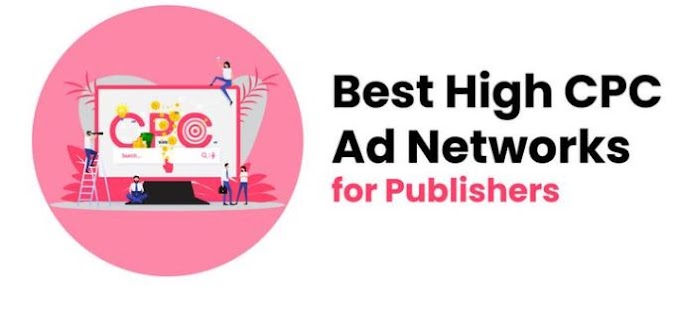The future of the Internet will happen by eliminating third-party cookies . This movement is due to the growing concern of users to maintain privacy and will affect the data that companies such as Google, Facebook, Amazon or Apple collect on the behavior of users on the Internet.
With the removal of third-party cookies, SEO faces several challenges, as it will not have the third-party tracking data.
Cookies are used by companies for a wide variety of tasks. For example, they serve to keep products in the shopping cart of an e-commerce, when the website has been closed by mistake, as well as to preserve the login data for a website or show recommended content.
The problem is that when a page places a cookie in the browser, the user is also tracked throughout the Internet, collecting information about the sites they have visited. This is why, when you visit a website about rock t-shirts, advertising follows us and ads for rock t-shirts start to appear on Facebook, Instagram or YouTube, and this is also the reason that has led users to demand the removal of these codes.
In this context, removing cookies will also affect SEO . First, professionals will no longer be able to rely on third-party information to perform common tasks, such as analyzing the behavior of a Google Ads campaign or the performance of a content strategy in an e-commerce. Instead, they will have to use their own cookies (called "first-party-cookies"), which means that a new way of obtaining the information will have to be found, since the user will no longer be able to be "chased" over the Internet.
Google has already created its own system, called FLoC , which is being widely criticized by many professionals and experts. Unfortunately, for smaller companies it will be very difficult to find a way to collect this information, there are already many challenges such as accuracy, the cost of having a tool of these characteristics or privacy.
To do this, you will have to make use of personalization solutions in real time , which will allow you to capture information about customers through how they use the website. In this way, using the data obtained, it will be possible to create content focused on your tastes and needs.
Another change that will be seen in the future without cookies has to do with content. In the absence of user navigation data, one of the best ways to generate visits, attract organic traffic and improve visibility, will be to create attractive content for the user . In this way, a large part of the efforts should be focused on the development of this content, which should be able to attract the attention of users, through relevant, useful, interesting or informative content.
Analytics, especially for e-commerce professionals and online stores, will be another headache. In this sense, first you will have to analyze your own traffic, to understand participation and performance. In addition, offline purchases will have to be tracked , assigning indicators to the online experience and understanding what role organic search has had in the purchase decision. In short, it is about analyzing the user who has consumed a content and then looking for it at the point of purchase to find out if they accessed the store after consuming the content or not.
On the other hand, users must know at all times how they are being tracked. To do this, technology companies are implementing tools to help brands move into a cookie-free future, while protecting consumer privacy.






0 Comments
Thanks For Massage